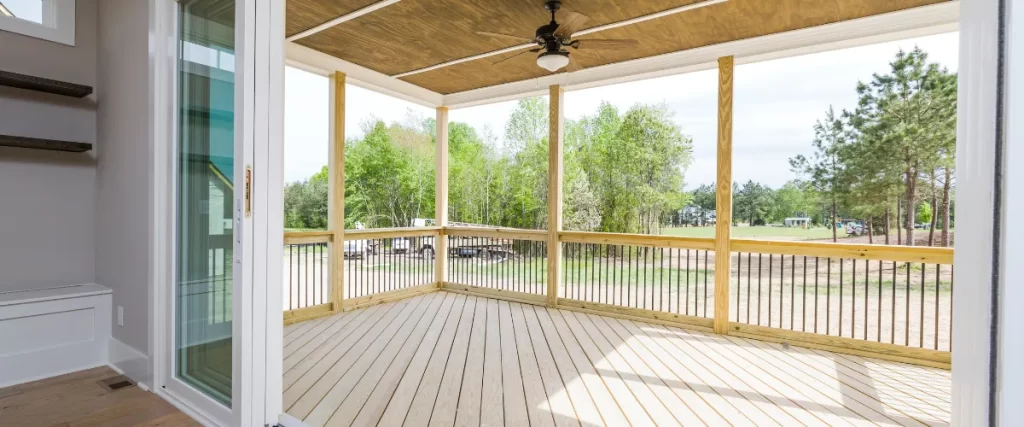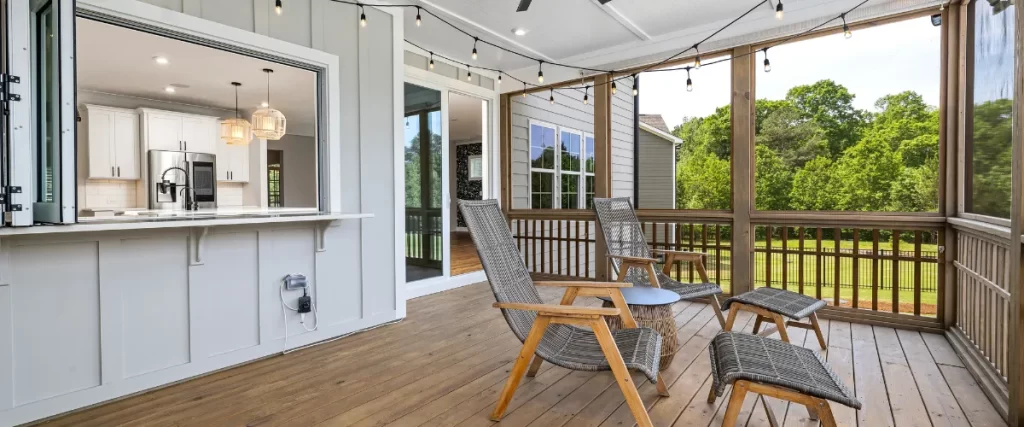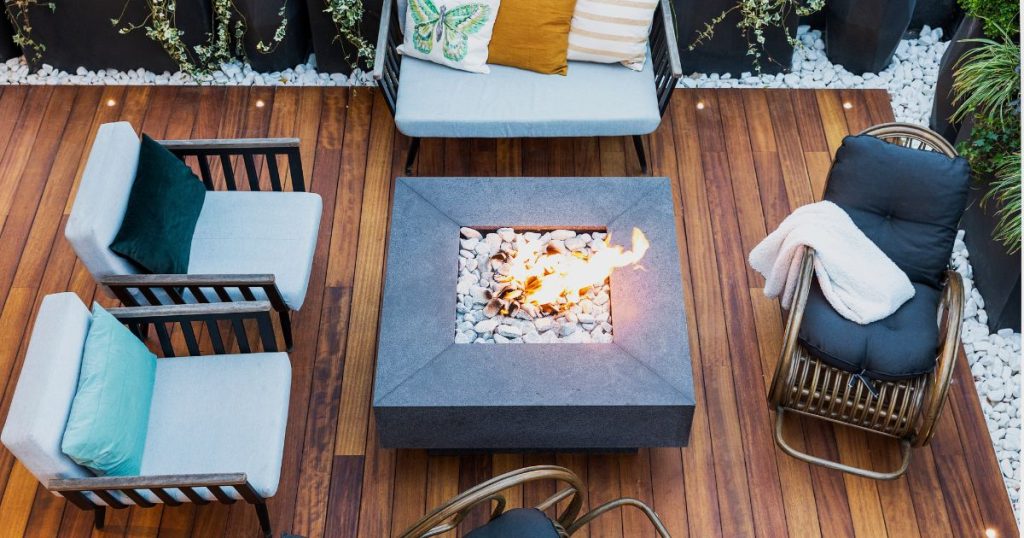Building or repairing a deck? The hardware you choose is just as important as the materials. Essential deck hardware keeps your deck sturdy, safe, and looking great.
But don’t worry—you don’t need to be a construction expert to understand the basics. Let’s break it down in super simple terms.

Why Deck Hardware Matters
Deck hardware isn’t just about holding everything together—it’s about doing it safely and for a long time. The right hardware keeps your deck standing strong through weather, heavy use, and years of enjoyment. Choosing the wrong hardware, or skipping some altogether, can lead to problems like wobbly railings or, worse, a deck that’s unsafe to use.
The Basics of Deck Hardware
Here’s a quick look at the most common types of hardware you’ll need for your deck project:
1. Deck Screws and Bolts
Screws and bolts are like the glue that holds your deck together. They’re used to fasten decking boards, railings, and other components. Look for hardware that’s rust-resistant, like stainless steel or galvanized screws.
2. Joist Hangers
Joist hangers are metal brackets that secure the joists (the horizontal beams supporting your deck boards) to the ledger board or other framing. They make sure everything stays solid and aligned.
3. Post Anchors
Post anchors secure the vertical posts of your deck to the ground or the frame. They’re especially important for stability and can help protect the wood from moisture damage.
4. Ledger Board Fasteners
The ledger board connects your deck to your house. It’s critical for support, so the fasteners used here need to be heavy-duty.
5. Flashing
Flashing is a thin, waterproof material that protects the areas where your deck meets your house. It keeps water from seeping into your home’s structure, preventing rot and damage.
6. Deck Connectors
Deck connectors are used in areas where extra strength is needed, like attaching beams to posts. They come in different shapes and sizes to suit various deck designs.
Specialty Deck Hardware
Depending on your deck’s design or the features you want to include, you might need some specialty hardware:
Hidden Fasteners
Want a clean, nail-free look? Hidden fasteners secure decking boards from below, leaving the surface smooth and seamless.
Decorative Hardware
If you love a bit of flair, decorative brackets, caps, and trims can add character to your deck. They’re functional and stylish.
Rail Brackets
Rail brackets attach your deck’s railings securely to the posts. They come in different finishes, so you can match them to your overall deck style.
Choosing the Right Hardware for Your Deck
When picking deck hardware, keep these tips in mind:
- Go for Durability
Hardware that can stand up to weather and wear is essential. Look for materials like stainless steel, which resists rust and corrosion. - Match the Hardware to Your Deck Material
For example, if you’re using pressure-treated wood, you’ll need hardware that can handle the chemicals in the wood without corroding. - Check the Load Requirements
Some areas of your deck, like stairs or railings, bear more weight than others. Choose hardware that’s strong enough for these high-stress spots. - Don’t Forget About Style
While function is key, your deck’s hardware can also enhance its look. Match finishes and styles for a cohesive appearance.
How to Install Deck Hardware
Installing deck hardware might sound intimidating, but it’s easier than you think. Here are some tips to keep things simple:
- Start with a Plan
Before you start hammering or screwing, have a clear idea of where every piece of hardware will go. - Use the Right Tools
Basic tools like a drill, hammer, and measuring tape are essential. For some hardware, you might need specialty tools like a joist hanger nailer. - Follow Instructions
Most deck hardware comes with installation instructions. Read them carefully to make sure you’re using the hardware correctly. - Check as You Go
Make sure everything is level, aligned, and secure as you work. Small mistakes can add up, so take your time.

Maintaining Your Deck Hardware
Once your deck is built or repaired, keeping the hardware in good shape is important. Here’s how to maintain it:
- Inspect Regularly
Check for signs of rust, corrosion, or looseness at least once a year. - Tighten as Needed
Over time, screws and bolts can loosen. Tighten them up to keep your deck stable. - Clean Hardware
Dirt and grime can speed up wear and tear. Give your hardware a good cleaning now and then. - Replace Damaged Parts
If you spot rust or damage, replace the affected hardware as soon as possible to prevent bigger problems.
Cost of Deck Hardware
The cost of deck hardware varies based on the materials and the size of your deck. Here are some rough estimates:
- Deck Screws and Bolts: $30–$50 per box
- Joist Hangers: $2–$5 each
- Post Anchors: $10–$25 each
- Ledger Board Fasteners: $15–$30 per pack
- Flashing: $20–$50 per roll
- Deck Connectors: $5–$15 each
While the upfront cost of quality hardware might seem high, it’s worth it for the longevity and safety of your deck.
Hardware for Added Features
If you want to take your deck to the next level, there’s specific hardware designed for additional features that enhance both functionality and aesthetics:
Lighting Hardware
Adding lighting to your deck creates a warm, inviting atmosphere for evening use. Special hardware is available for installing deck post lights, stair lighting, or under-rail lights. These pieces are designed to be weather-resistant and durable, ensuring long-lasting functionality.
Pergola Hardware
For those who want shade or a decorative element, pergola hardware is essential. This includes brackets and connectors that securely attach the pergola to your deck. High-quality hardware ensures stability, even during strong winds.
Built-In Seating
Custom seating on your deck adds both style and utility. Hardware like corner brackets or reinforcement plates can help securely anchor built-in benches to the deck frame. This not only ensures safety but also creates a seamless look.
Planter Box Supports
Planter boxes are a great way to bring greenery to your outdoor space. Installing these securely requires brackets or supports that can handle the weight of soil and plants.
Incorporating these features not only enhances your deck’s usability but also makes your outdoor space feel more personalized and luxurious. With the right hardware, your options for deck customization are nearly limitless.
FAQ About Deck Hardware
Q: Can I reuse old deck hardware when repairing my deck?
A: It’s best to replace old hardware, especially if it’s rusted, corroded, or damaged. New hardware ensures your deck stays safe and secure.
Q: What’s the difference between galvanized and stainless steel hardware?
A: Galvanized hardware is coated to resist rust, while stainless steel is naturally rust-resistant. Stainless steel is typically more durable but also more expensive.
Q: Do I need special hardware for composite decking?
A: Yes! Composite decking requires specific hardware to avoid damage and ensure a secure fit.

Your Deck Deserves the Best
Deck hardware might not be the most glamorous part of your project, but it’s one of the most important. By choosing high-quality, durable pieces and installing them correctly, you’ll ensure your deck is safe, sturdy, and beautiful for years to come.
At Riverview Decks, we specialize in all things decking—from new builds to repairs. Our team knows how to select and install the right hardware for any project. Contact us today at (865) 801-4545 to kickstart your deck building project!

